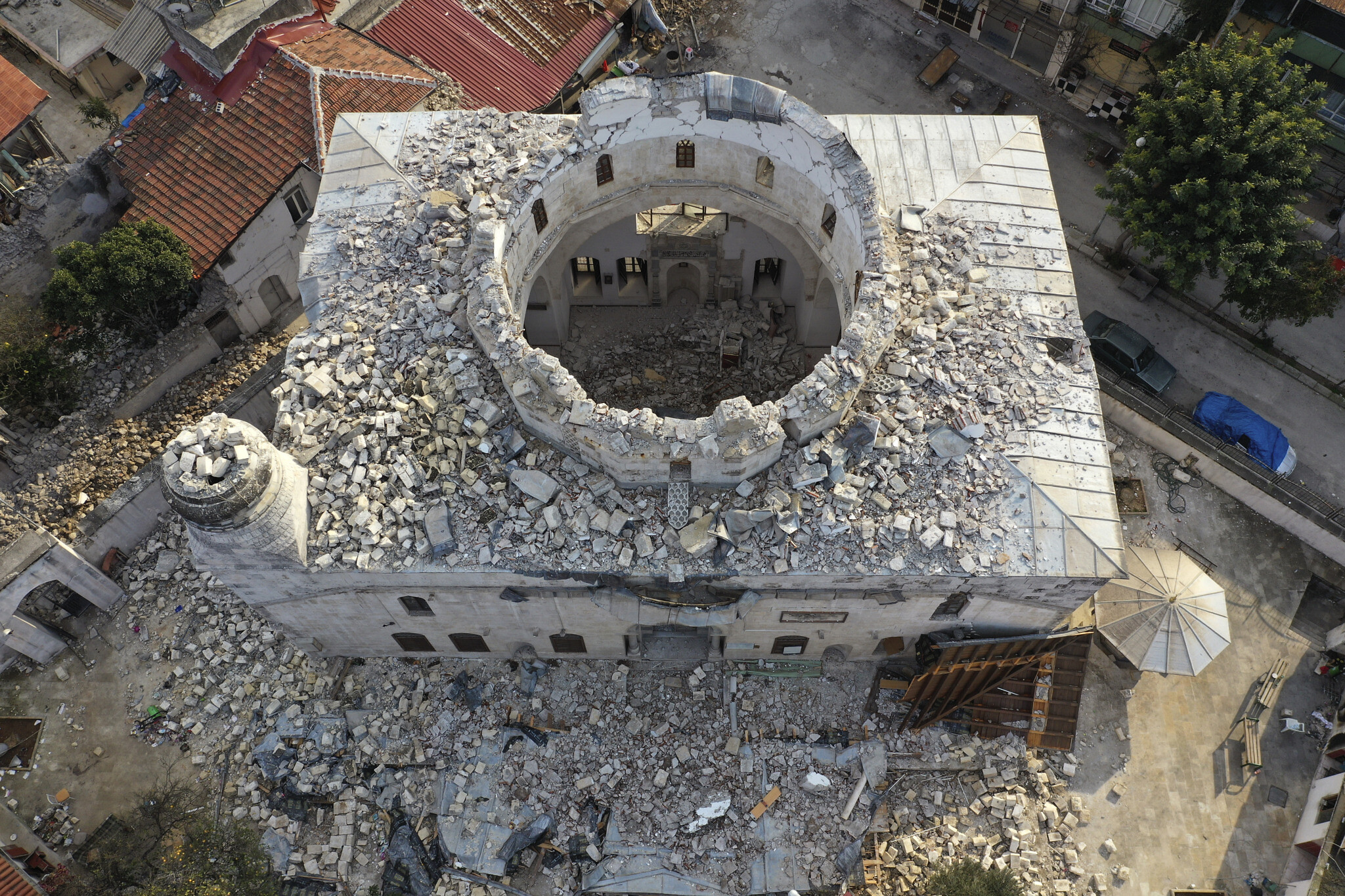Istanbul, Turkey – Earthquake fever has gripped Istanbul since last year’s disaster in southern Turkey, as residents in Europe’s most populous city fear they could face similar devastation.
The city lies near the North Anatolia faultline, a geological danger that has seen Istanbul hit by at least 34 strong earthquakes over the last 2,000 years.
Smaller tremors can be felt by people in Istanbul every year – an ominous reminder of the danger that lurks beneath their streets.
For many, witnessing the stark devastation caused to swaths of Turkey last February added to their anxiety over the inevitable but unpredictable arrival of “the big one”.
Istanbul’s official population is 16 million, but estimates based on household water consumption by the Istanbul Metropolitan Municipality put the figure at 20 million.
The vast majority of residents live in apartment buildings of five storeys or taller in compact neighbourhoods with few open spaces.
Those built before 1999 – the year a powerful earthquake in the eastern Marmara Sea rocked Istanbul, killing 18,000 people – are considered particularly at risk. Officials say such buildings account for two-thirds of the city’s construction.
But spiralling property prices mean that even those who fear their building is unsafe cannot afford to move out.
Mayor Ekrem Imamoglu said economic circumstances – annual inflation currently stands at 65 percent – impeded “saving the city from a tragedy”.
The municipality has checked 35,000 buildings to measure their earthquake resilience, but many residents are unwilling to submit to the tests.
Andrew Wilks
Click here to read full article
